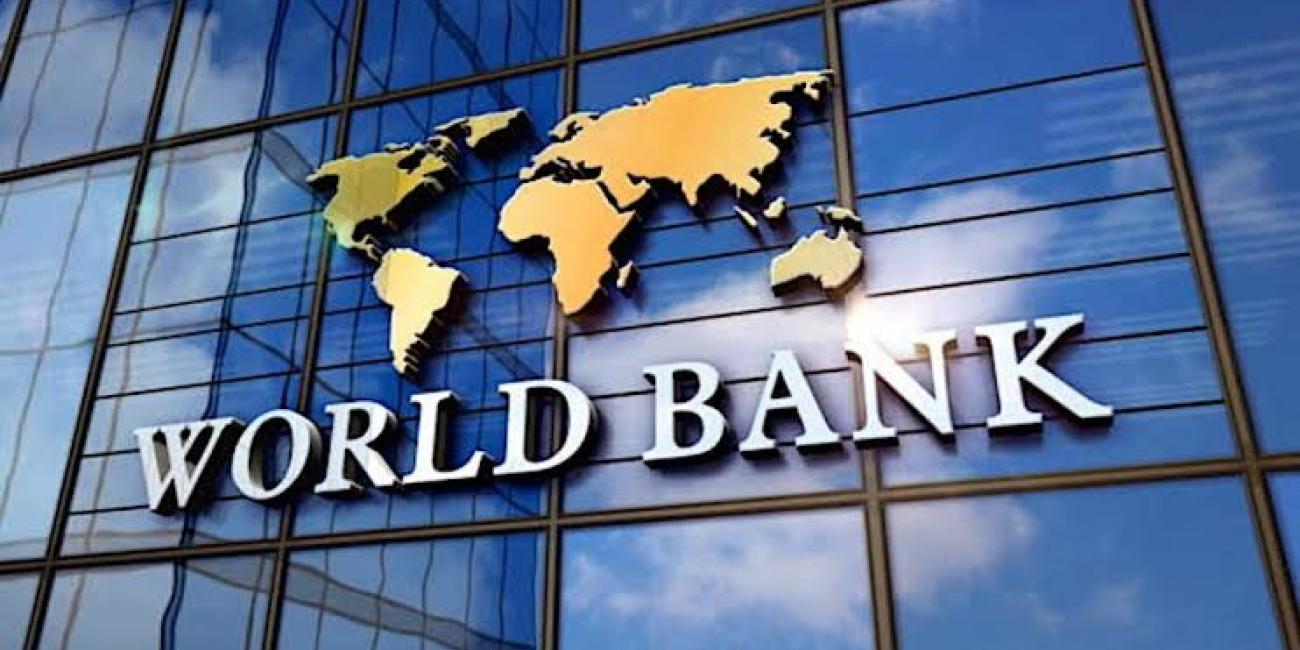The World Bank has unveiled a report indicating a seven per cent reduction in extreme poverty in Nigeria and Tanzania, attributed to improved access to internet coverage over the past three years.
The report, titled “Digital transformation drives development in Africa,” underscores the transformative impact of increased internet accessibility on economic indicators.
According to the World Bank Chief Economist for Africa, Andrew Dabalen, “The minimal usage of mobile internet is a lost opportunity for inclusive growth in Africa.
Closing the uptake gap would increase the continent’s potential to create jobs for its growing population and boost economic recovery in a highly digitalised world.”
The study highlights that in 2023, both Nigeria and Tanzania experienced a noteworthy decline in extreme poverty after three or more years of exposure to expanded internet coverage.
Additionally, there was an eight per cent increase in labour force participation and wage employment.
Over the past five years (2016-2021), sub-Saharan Africa witnessed a remarkable 115 per cent surge in internet users, playing a pivotal role in driving economic growth, fostering innovation, and creating job opportunities.
Despite this growth, the report underscores that the region still lags behind in digital infrastructure coverage, access, and quality compared to other regions.
As of the end of 2021, while 84 per cent of people in sub-Saharan Africa lived in areas where 3G service was available, and 63 per cent had access to 4G mobile coverage, only 22 per cent were using mobile internet services.
The gap between coverage and usage is also significant for broadband, with 61 per cent of people in the region having access to broadband coverage but not utilizing it.
The Minister of Communications, Innovation and Digital Economy, Dr Bosun Tijani, acknowledged the relatively low cost of data in Nigeria but expressed concerns about the lack of fiber optic infrastructure in many parts of the country, especially outside major cities, citing profitability challenges for operators.



